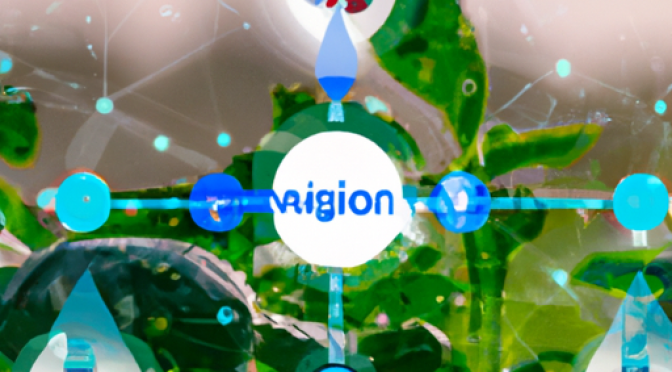Introduction
In recent years, the agricultural industry has witnessed significant advancements in technology, particularly in the field of irrigation. With the increasing need to optimize water usage and ensure sustainable farming practices, AI-powered sensors have emerged as a promising solution. This article explores how these sensors can revolutionize irrigation techniques, leading to improved water efficiency and enhanced crop yields.
Understanding AI-powered sensors
AI-powered sensors are devices equipped with artificial intelligence capabilities that can collect and analyze data related to soil moisture, weather conditions, and crop water requirements. These sensors utilize machine learning algorithms to process the data and provide real-time insights to farmers, enabling them to make informed decisions regarding irrigation.
Optimizing water usage
One of the key benefits of AI-powered sensors is their ability to optimize water usage in farming. By continuously monitoring soil moisture levels, these sensors can accurately determine when and how much water should be applied to crops. This prevents over-irrigation, which not only wastes water but also leads to nutrient leaching and soil erosion. By providing precise irrigation recommendations, AI-powered sensors help farmers achieve optimal water usage, reducing water wastage and promoting sustainable farming practices.
Enhancing crop yields
AI-powered sensors also play a crucial role in enhancing crop yields. By monitoring various environmental factors such as temperature, humidity, and solar radiation, these sensors can assess the overall health and growth of crops. This information allows farmers to identify potential issues such as water stress or disease outbreaks at an early stage. By addressing these issues promptly, farmers can take necessary measures to protect their crops, resulting in improved yields and quality.
Real-time monitoring and automation
Another advantage of AI-powered sensors is their ability to provide real-time monitoring and automation. These sensors can be integrated with irrigation systems, allowing for automated adjustments based on the collected data. For example, if the soil moisture level drops below a certain threshold, the sensor can trigger the irrigation system to supply water accordingly. This eliminates the need for manual monitoring and intervention, saving farmers time and effort while ensuring optimal irrigation practices.
Conclusion
AI-powered sensors have the potential to revolutionize irrigation techniques in farming by optimizing water usage and enhancing crop yields. By leveraging artificial intelligence and real-time data analysis, these sensors enable farmers to make informed decisions regarding irrigation, leading to improved water efficiency and sustainable farming practices. As technology continues to advance, the integration of AI-powered sensors in agriculture is expected to become more widespread, contributing to a more efficient and environmentally friendly approach to irrigation.

